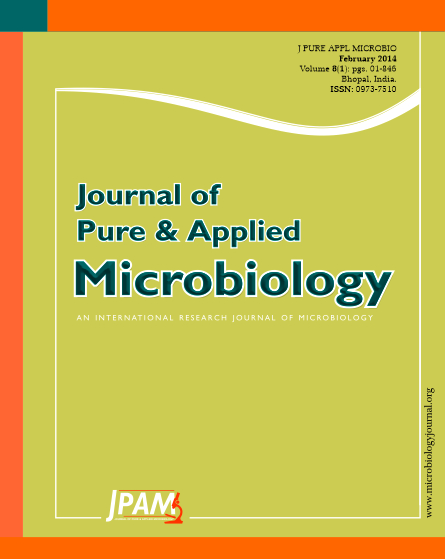Enterococcus faecalis is the most frequent cause of nosocomial infections, especially bacteremia, sepsis in children, endocarditis, urinary tract infection (UTI), and wound infections. There are five resistance genes whose products are responsible for resistance to glycopeptides antibiotics in vancomycin-resistant enterococci strains (VRE) (Honarm et al. 2012). Two of such genes (Van A and Van B) are most common than others, especially in E. faecalis and E. faecium. We selected 70 well-characterized E. faecalis from blood (89%) and feces (11%) and antimicrobial susceptibility testing. these isolates were investigated for the presence of vanA and vanB gene by polymerase chain reaction. This study showed an overall prevalence of vanA gene and none of them had vanB gene. Since all our isolates were positive for van A gene, there may be an increased probability of the dissemination of VRE gene in other strain especially s.aureus. This is an important issue that needs to be monitored and additional studies are in progress to help determine the impact of VRE and its patterns of transmission in our hospital.
Enterococci, antibiotics, Vancomycin
© The Author(s) 2014. Open Access. This article is distributed under the terms of the Creative Commons Attribution 4.0 International License which permits unrestricted use, sharing, distribution, and reproduction in any medium, provided you give appropriate credit to the original author(s) and the source, provide a link to the Creative Commons license, and indicate if changes were made.


